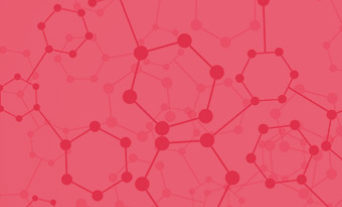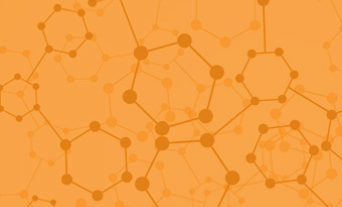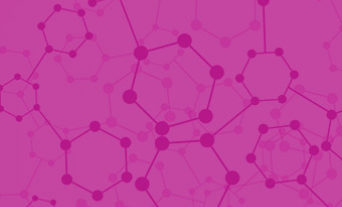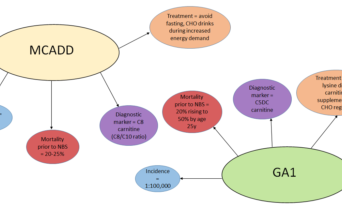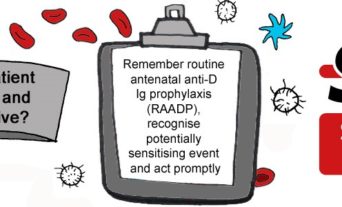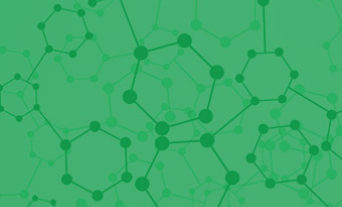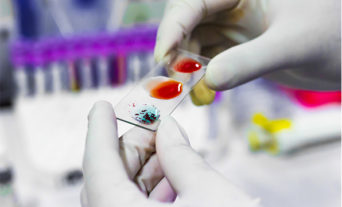From the Editor
Welcome to the July Bulletin. The weather and attempts at holiday plans or travel seem to be taking us on wide swings ranging from great optimism to the lows of ongoing uncertainty. A timely reminder that we can take very little for granted.
From the President
Hello and welcome to the July edition of the Bulletin. It has been a very busy period for our members and the College on many fronts since the last Bulletin.
Perinatal mortality − are we learning?
Following on from high-profile failures of care in some UK maternity services, the Department of Health and independent investigators seek to better identify issues, improve maternal health and reduce neonatal deaths.
Healthcare Safety Investigation Branch
Patient safety is one of the highest priorities for the NHS. Read on to discover how the NHS investigates patient safety issues during pregnancy or childbirth.
The evolution of paediatric laboratory medicine
Over the last few decades, paediatric laboratory medicine has developed with an increasing focus on the specific medical needs of children, creating new opportunities for workforce and training development for pathologists.
Major obstetric haemorrhage – achievements and ongoing challenges
Josephine McCullagh and Dr Laura Green explore the possible treatments for postpartum haemorrhage, from blood transfusion to haemostatic drugs.
Successes and challenges in newborn screening for metabolic disorders
Inherited disorders cause a significant fraction of disability, hospitalisation and death in newborns. From blood testing to mass spectrometry, the NHS seeks to continually improve screening for a wide variety of metabolic diseases.
Rh-D haemolytic disease of the fetus and newborn – the role of SHOT in improving care
Following its introduction in the 1960s, anti-D immunoglobulin has successfully reduced the incidence of haemolytic disease of the fetus and newborn (HDFN), improving maternal and fetal health. This article illustrates how haemovigilance reporting of anti-D administration errors and instances of anti-D immunisation has optimised patient safety.
Anaemia in pregnancy and the postpartum period
Affecting more than a third of pregnant women worldwide, maternal anaemia is a significant public health issue and can have serious consequences for mothers and babies. A recent NHS audit examines the issues and treatments for it.
Post-partum haemorrhage in Africa: achievements and ongoing challenges
Post-partum haemorrhage remains the leading cause of maternal mortality in Africa. This article explores the challenges countries face in reducing maternal deaths and the progress made so far.
Full Bulletin download
Download the full July 2021 issue.




